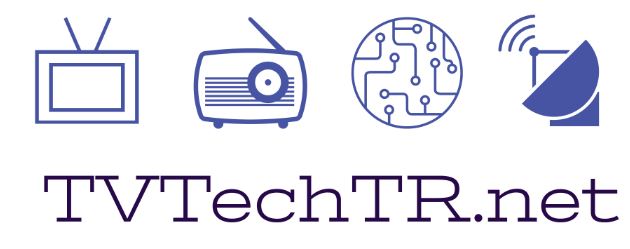It was a successful workshop in the sense that there were more than 160 delegates all over the Europe. Half of the delegates were from Turkey, which is understandable. As far as I remember, this was the first event of DigiTAG in Turkey. When we look at the members of DigiTAG, we see no one from Turkey. I hope that the event will be a beginning of understanding the importance of being a member of DigiTAG also. I will write a more detailed coverage of the event. But as a first impressions, I believe these were the results of the event, regarding the DTT journey of Turkey: All parties in the DTT process, namely broadcasters, supreme council, equipment manufacturers are unhappy with the current uncertainty of the process. If we remember the last developments, supreme council has finished the tender process. There was a claim to court and court decided to suspend the licences tender for the national broadcasters. This suspend affect whole DTT process, becau...
